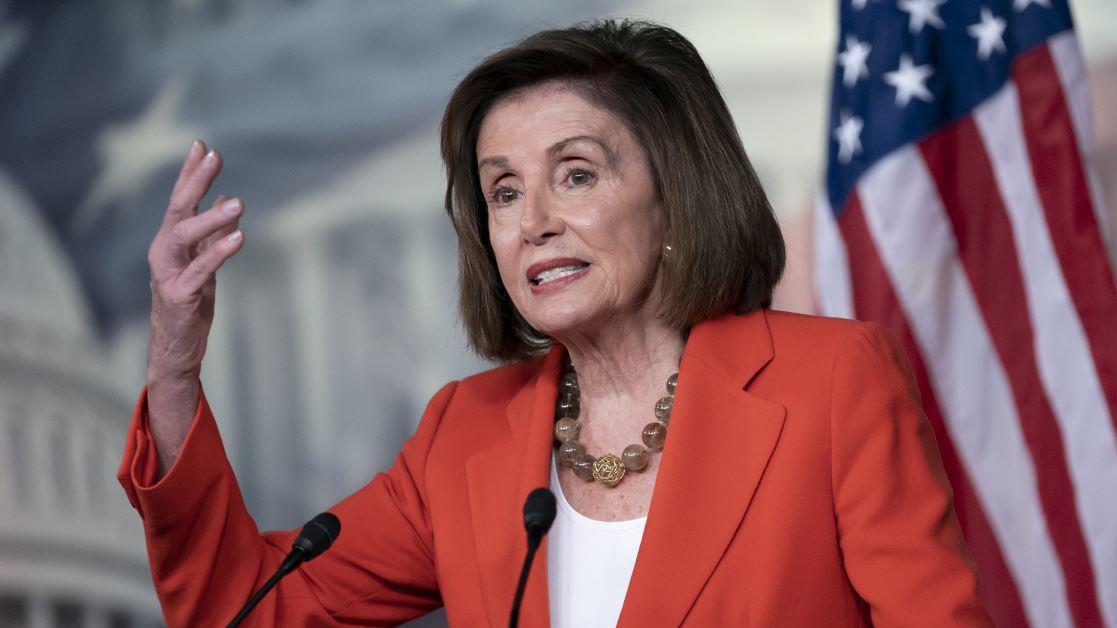IRS releases updated income tax brackets for 2020
The IRS on Wednesday released the updated tax brackets for the 2020 filing season, which have been modified to keep pace with inflation.
The 2020 filing season refers to taxes that need to be filed in April 2021.
THE MOST TAX-FRIENDLY STATES FOR RETIREES
HIGH-TAX NEW YORK IN 'DEATH SPIRAL,' FLORIDA SEN. RICK SCOTT SAYS
Here’s a look at the new rates:
Single filers
- 10 percent for incomes up to $9,875
- 12 percent for incomes over $9,875
- 22 percent for incomes over $40,125
- 24 percent for incomes over $85,525
- 32 percent for incomes over $163,300
- 35 percent for incomes over $207,350
- 37 percent for incomes over $518,400
Married couples filing jointly
- 10 percent for incomes up to $19,750
- 12 percent for incomes over $19,750
- 22 percent for incomes over $80,250
- 24 percent for incomes over $171,050
- 32 percent for incomes over $326,600
- 35 percent for incomes over $414,700
- 37 percent for incomes over $622,050
For the 2019 rates, click here.
Married individuals filing separately
- 10 percent for incomes up to $9,875
- 12 percent for incomes over $9,875
- 22 percent for incomes over $40,125
- 24 percent for incomes over $85,525
- 32 percent for incomes over $163,300
- 35 percent for incomes over $207,350
- 37 percent for incomes over $311,025
CLICK HERE TO GET THE FOX BUSINESS APP
Additionally, the standard deduction will increase to $24,800 in tax year 2020, a $400 increase, for married taxpayers filing jointly. For single taxpayers, it will rise by $200 to $12,400.
The maximum amount for the Earned Income Tax Credit will rise to $6,660.
The Alternative Minimum Tax exemption will rise to $72,900 (from $71,700) and will begin to phase out at $518,400 (from $510,300). For married taxpayers filing jointly, the exemption will be $113,400 and the phase out will begin at $1,036,800.




















